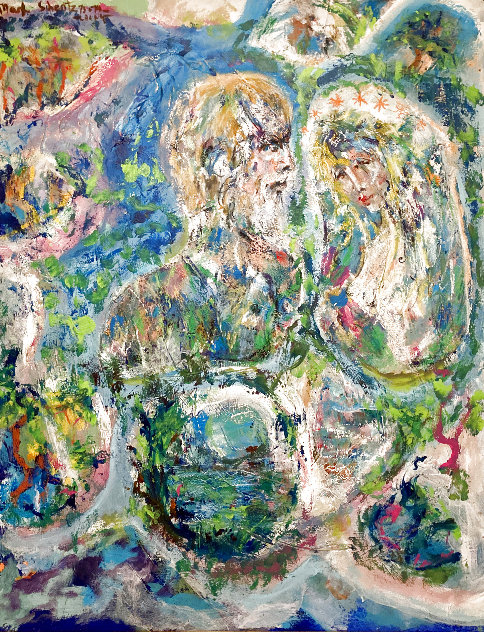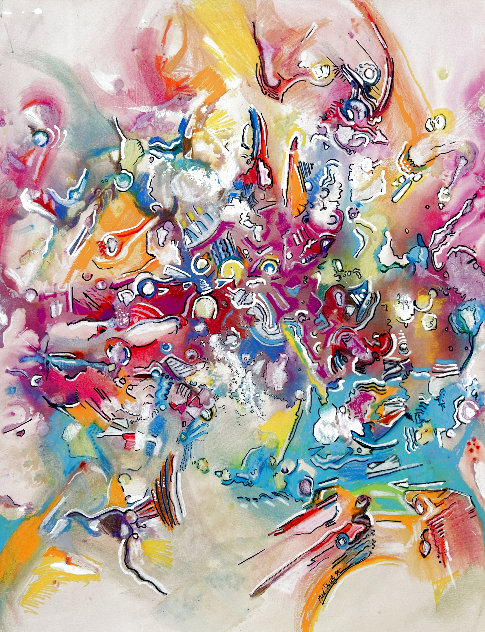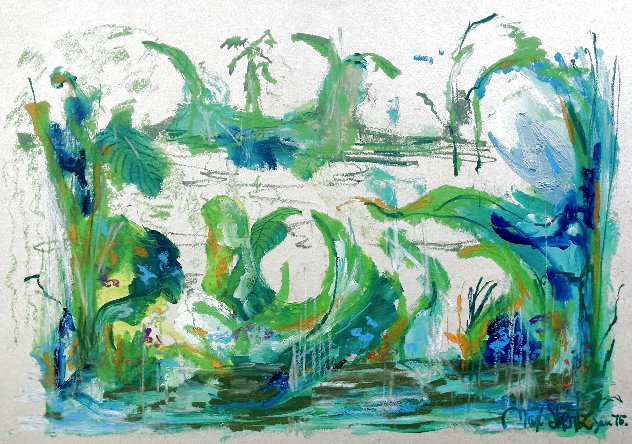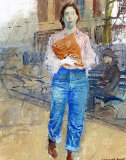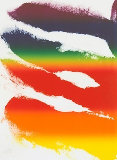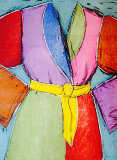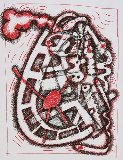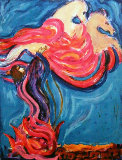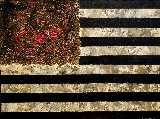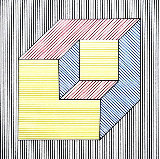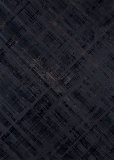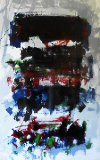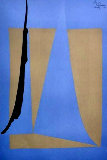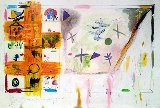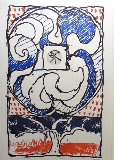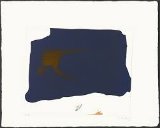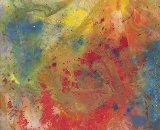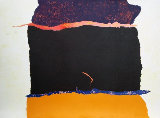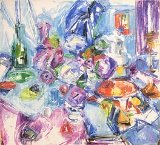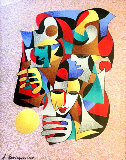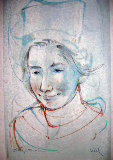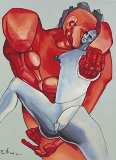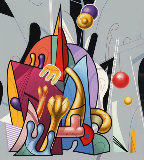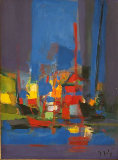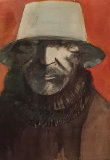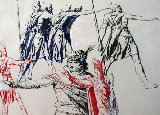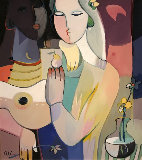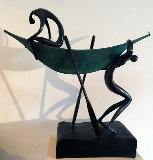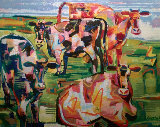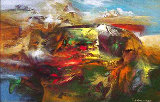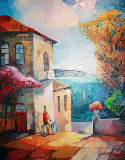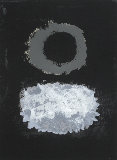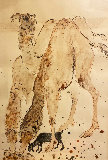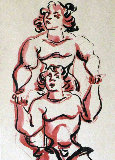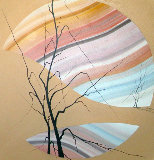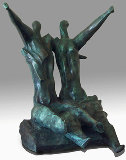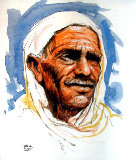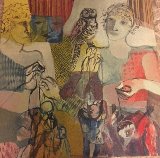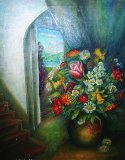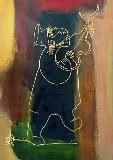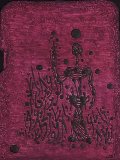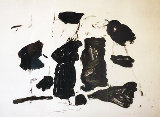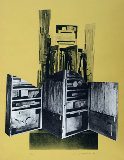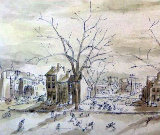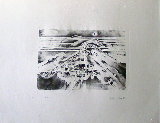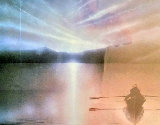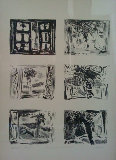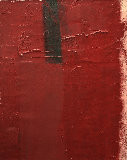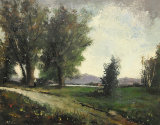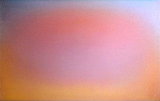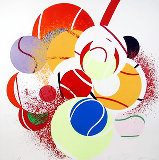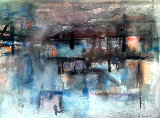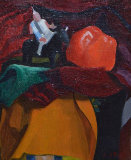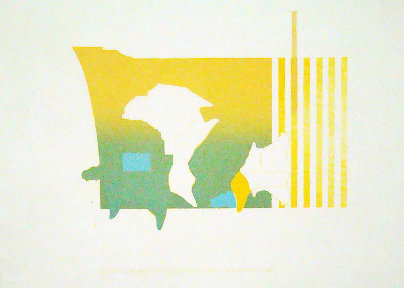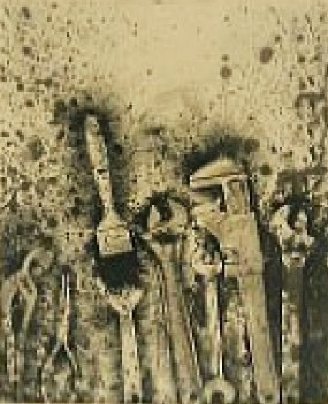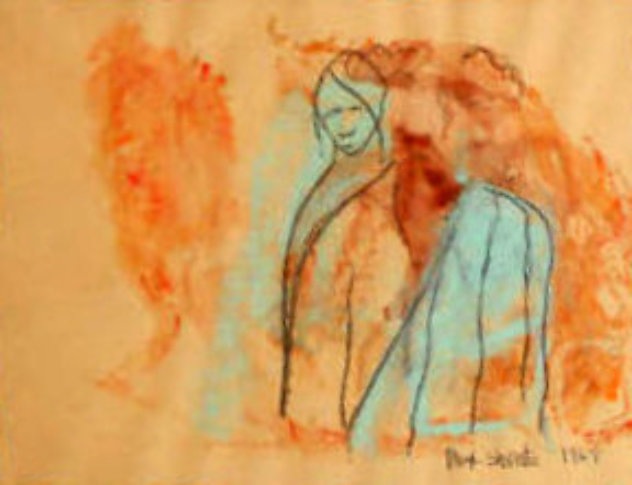




Man Woman Watercolor 1969 20x17
Max Shertz
Watercolor : Watercolor
Size : 12x9 in | 30x23 cm
Framed : 20x17 in | 51x43 cm
Motivated Seller Reduced
-
🔥Framed Watercolor - Inquire $$$$$$$
Year1969
Hand SignedLower Right
Condition Excellent
Framed with GlassFramed with glass
Certificate of AuthenticityArt Brokerage
LID43999
Max Shertz - United States
Art Brokerage: Max Shertz American Artist: b. 1933-2009. The American Artist Max Shertz, creator in multiple mediums: painter, sculptor, writer, poet and teacher, was viewed by art critics and collectors as a Modern Artist, an Abstract Expressionist and a Contemporary Painter. The artist himself distrusted the motives of those who tried to label the style of his work and felt very strongly that his work should and would speak for itself without the need for context or explanations. Shertz was born in Brooklyn, New York in 1933. At 17 he joined the Marines. After returning from Korea he studied at the Arts Students League of New York. He studied during this time under Hans Hofmann as well as apprenticing under Raphael Soyer, who would later become his close friend. He then moved to Hollywood and lived with his uncle, neurosurgeon Daniel Weller, and his wife, columnist writer Helen in Hollywood. Their influence got him involved with show business, where he was an agent and television actor. He met his first wife, Edi at this time, but was disillusioned with show business and decided to leave Hollywood to completely devote himself to painting. Upon his return to New York, Shertz became friends and worked closely with many of the important artists of his time including Boris Deutsch, Phillip Guston, Lee Krasner, William de Kooning, Robert Rauschenberg, Richard Diebenkorn, the Soyer brothers and many others. He was also stylistically influenced by Andre Masson, the father of the expressionist movement, the German expressionists, Picasso, Klee, Matisse and the figurative work of Max Beckman. From the early 70s to late 80s, Shertz lived in New York, Los Angeles and San Francisco with his wife Edi, and also his mistress and muse, Christiane, along with the five children that he had with the two of them, all under one roof. During that time, he had successful galleries on both coasts, many private and public shows, as well as works represented in museums. In the early 80�s, at the height of his success, the artist grew disenchanted with what he saw as the commercialization and commerce of the art world, and walked away from galleries, collectors and critics. The artist, needing the solitude necessary to do his work, decided to be reclusive for the rest of his life. Shertz was not by nature reclusive but reclusion offered him a fundamental necessity for him to survive as an artist. Listings Wanted.

